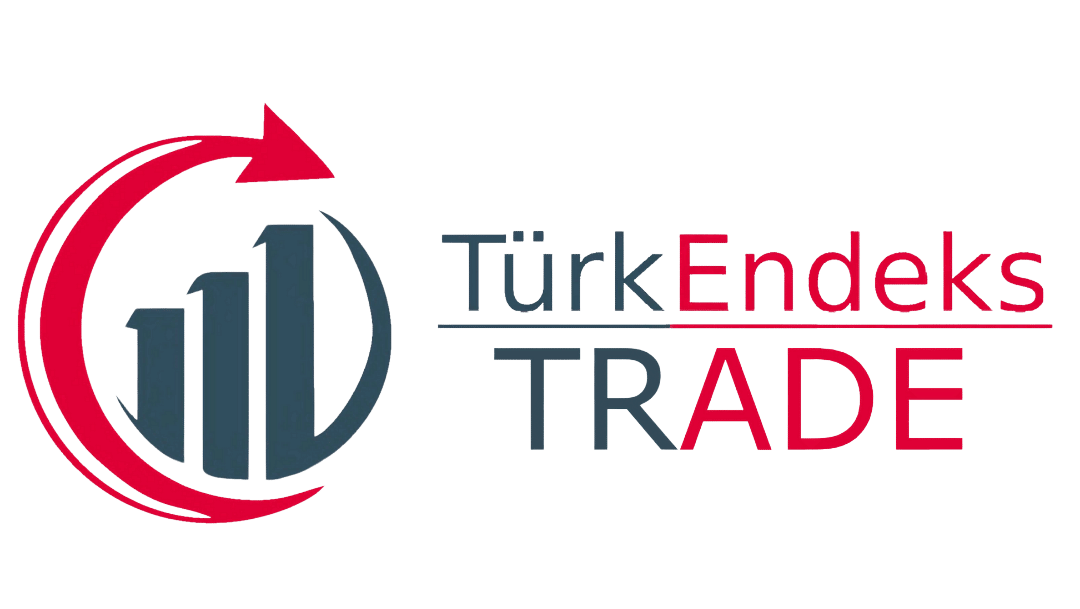EXPORT TERMS
MEANİNGS OF TERMS USED İN FOREİGN TRADE
Export: The actual export of a good or value in accordance with the current Export Legislation and Customs Legislation and the bringing of the price to the country in accordance with the Foreign Exchange Legislation, or other outputs that will be accepted as exports by the Undersecretariat (Undersecretariat of Foreign Trade).
Foreign Exchange: Literally, foreign exchange refers to the buying and selling of cash or any instrument or information that substitutes for money. The word foreign exchange should be evaluated with two meanings. Options for national and foreign currencies regarding foreign exchange; It can be used as foreign exchange in the sense of all kinds of bills, checks, policies and other securities that replace money and serve as a means of payment.
Foreign Exchange Legislation: The set of legal texts that regulate the procedures and principles regarding the circulation of money and other securities, as well as the internal parts of minerals and stones, and their export or import from the country are called foreign exchange legislation.
Foreign Exchange Purchase Document (DAB): It is the document in which the export proceeds and the bank commissions requested by the exporter's bank are issued during the purchase.
Foreign Exchange Sales Document (DSB): Import fees paid abroad, commissions of the intermediary broker, commissions requested by correspondent branches of the bank in the country, etc. It is called the document issued.
Foreign Exchange Deposit Account: These are deposit accounts opened in banks or private financial institutions by real persons or individuals, both abroad and domestically, for the foreign currency or banknotes in their free (DTH) savings. The use of foreign currency in these accounts is free.
Customs Union: It is an economic integration in which the existing customs duties, taxes with equivalent effect and quantitative restrictions in trade between the parties, as well as all kinds of measures with equivalent effect, are abolished, and also, in the third direction outside the union, the common customs tariff.
Letter of Credit: It is a kind of guarantee regarding the maintenance of payment after certain conditions are met regarding the maturity of the price of the exported goods. It can be made as a conditional payment commitment. The exporter (issuing bank) requests the exporter (issuer-beneficiary) to open a letter of credit and notify the exporter's continuity through a correspondent bank (negotiating bank). If the exporter submits the required documents to his bank correctly, completely, in accordance with the rules and within the validity period of the loan, otherwise the payment is made.
Payment Against Documents: It is a form of payment made by collecting the document showing that a good has been exported from the bank by paying the export price. It is a type of payment in which the bank collects the export price and then delivers the documents to the importer in another currency. In a payment instrument widely used in international trade.
Payment Against Goods: It is a type of payment made in the specified manner after the price of the exported goods is received by the importer. By taking over the ownership of the importer, only the possession of the goods passes to him, not the ownership of the goods. Transfer of ownership of the goods is only possible by submitting the documents regarding the transfer and delivery of these goods to the importer.
Advance Payment: It is the cash payment of the price of the goods exported by the exporter to the seller by the buyer himself or his representative or by a third party not acting on his behalf, before the goods are received by the importer, without the need for delivery.
Acceptable Credit Payment: It is a form of payment that provides a certain requested guarantee of the price of the goods and where a Policy is used as a means for this payment. It is a form of payment in which the price of the goods offered with another profit and acceptance credit is tied to a bill of exchange and paid to the seller.
This credit is used to be accepted by the importer of the draft presented together with the documents or additionally by the importer's bank.
They team up for mutual credit payments and receive commission for this. There is "trade acceptance" only if the policy determined by the seller is accepted by the buyer. It is foreseeable that the policy will be accepted by a bank. In this world, the bank accepts the draft or may give an approval for the importer's acceptance.
Goods in Free Circulation: Provided that the provisions of the international agreements that Turkey is a party to are reserved, it refers to the goods that are subject to the free circulation legislation and enter the Turkish Customs Territory and the goods that are considered to be of Turkish origin, regardless of whether the items used in production are domestic or not.
Free Zones: Countries that are considered outside the customs line of unity within the political borders of the country, where legal and administrative regulations in the commercial, financial and economic fields of the countries are applied, or where broader supports are provided for their industrial and commercial transactions, and are physically separated from other parts of the countries.
CE Mark: A product is presented by the European Community; common private

